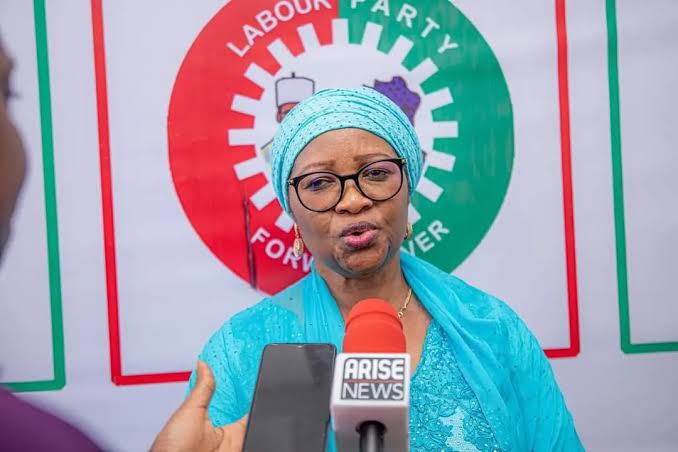The 10th Conference of the Parties (COP10) to the World Health Organization’s Framework Convention on Tobacco Control (FCTC) is underway in Panama until February 10, 2024. This significant event delves into the future of reduced-risk tobacco and nicotine products, including nicotine vapes, snus, nicotine pouches, and heated tobacco products.
Taxation has emerged as a critical focal point, with the WHO advocating for uniform taxation on all nicotine-containing products, mirroring the taxes imposed on conventional cigarettes. The organization views taxes as effective tools to decrease the demand for tobacco products and reduce overall tobacco consumption.
However, a growing dissenting voice challenges the idea of uniform taxation for all nicotine-containing products. Many experts and harm reduction advocates argue that smokeless alternatives offer less harmful ways of consuming nicotine. They advocate for a differentiated regulation and tax structure, emphasizing the need for risk-proportionate regulation and taxation.
To amplify the voices of tobacco harm reduction advocates, a five-day event was organized alongside COP10 by the US non-profit Organization Taxpayers Protection Alliance (TPA). Additionally, Crime Stoppers International (CSI) organized an event in Panama, shedding light on the potential link between excessive taxation and illicit markets.
At the TPA event, Dr. Riccardo Polosa stressed the importance of proportionate regulation based on risks, emphasizing that if a product is significantly less harmful than combustible tobacco, regulation should adapt accordingly. Dr. Konstantinos Farsalinos highlighted the potential consequences of excessive taxation, warning that it could create a conducive environment for the illicit market to thrive.
Crime Stoppers International echoed these concerns, emphasizing that extreme public policies, such as tax increases or prohibition, can fuel the establishment of a black market. They called for laws that not only prevent and prosecute illicit trade but also provide viable alternatives to tobacco consumers.
Gregoire Verdeaux, Senior Vice President External Affairs for Philip Morris International, underscored the counterproductivity of prohibition, advocating for sensible market regulations that guide smokers towards legal alternatives instead of pushing them into the black market.
The decisions made at COP10 regarding the taxation of novel tobacco products could significantly influence tobacco harm reduction efforts. This highlights the importance of considering diverse approaches that cater to the varied needs of global markets.

![iyabo ojo claims lizzy anjorin has schizophrenia needs help Lizzy Anjorin's husband not interested in getting her help - Iyabo Ojo claims [VIDEO]](https://mediatalkafrica.com/wp-content/uploads/2026/01/xIyabo-Ojo-claims-Lizzy-Anjorin-has-schizophrenia-needs-help-1024x512.jpeg.pagespeed.ic.gy55IZkWZl.jpg)

